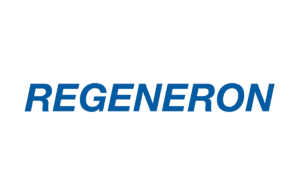 Researchers at the University of Maryland School of Medicine (UMSOM) said they identified a promising anti-viral cocktail therapy against COVID-19.
Researchers at the University of Maryland School of Medicine (UMSOM) said they identified a promising anti-viral cocktail therapy against COVID-19.
According to a news release, the researchers evaluated several human antibodies to determine the most potent combination to be mixed and used against SARS-CoV-2, the virus causing COVID-19. In collaboration with Regeneron Pharmaceuticals (NSDQ:REGN), UMSOM published results of a study in Science.
Just last week, Regeneron announced that it had initiated the first clinical trial of its dual antibody cocktail for preventing COVID-19, having already used the same “rapid response” approach to develop its REGN-EB3 antibody treatment for Ebola that is under review by the FDA.
The research was conducted using Regeneron’s proprietary genetically modified VelocImmune mice, which have a human immune system and antibodies isolated from humans who recovered from COVID-19. Researchers selected the most potent antibodies , which bind non-competitively to the critical receptor-binding domain of the virus’ spike protein, diminishing the ability of mutant viruses to escape treatment.
“The ability of the research team to rapidly derive antibodies using these two methods enabled us screen their selected antibodies against live virus to determine which had the strongest anti-viral effects,” UMSOM associate professor of microbiology and immunology & study co-author Matthew Frieman said in a news release.
Regeneron is now investigating the cocktail in the recently started trial, evaluating whether it can improve the outcomes of COVID-19 patients, as well as if it can be used as a preventative therapy in those who are healthy but at high risk of contracting the virus due to working in a healthcare setting or being exposed to an infected person.
“Our School of Medicine researchers continue to provide vital advances on all fronts to help fight the COVID-19 pandemic and ultimately save lives,” UM Baltimore executive VP for medical affairs Dr. E. Albert Reece said. “This particular research not only contributes to a potential new therapy against COVID-19 but could have broader implications in terms of the development of monoclonal antibody therapies for other diseases.”